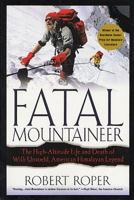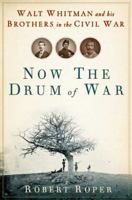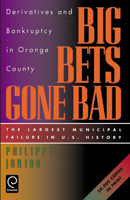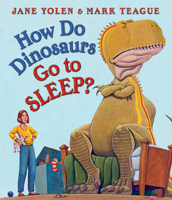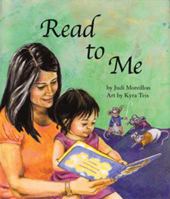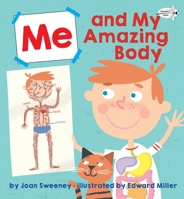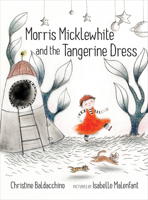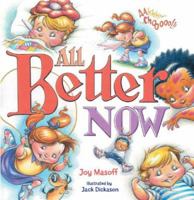Dora Goes to the Doctor/Dora Goes to the Dentist (Dora the Explorer)
Select Format
Select Condition 
More by Robert Roper
Book Overview
Join Nickelodeon's Dora the Explorer as she visits the doctor for a checkup. Then flip the book over and follow her to the dentist. This 2-in-1 storybook is sure to entertain girls and boys ages 3-7 as it shows them there is nothing to worry about when making these regular and necessary visits.
Format:Paperback
Language:English
ISBN:0201310058
ISBN13:9780201310054
Release Date:January 2001
Publisher:Addison-Wesley Professional
Length:272 Pages
Weight:1.27 lbs.
Dimensions:0.8" x 7.3" x 9.2"
Related Subjects
Computer Science Computers Computers & Technology Education & Reference Foreign Language Study & Reference Java Languages & Tools Mathematics Object-Oriented Design Object-Oriented Software Design Programming Programming Languages Science & Math Software Software Design, Testing & EngineeringYou Might Also Enjoy
Customer Reviews
10 customer ratings | 4 reviews
There are currently no reviews. Be the first to review this work.














